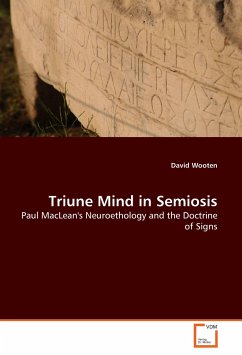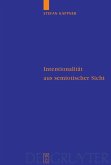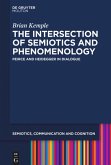The Triune Mind in Semiosis has the primary aim of clarifying the semiotic understanding of zoo- and anthroposemiosis, the study of the action of signs in animals, and of the action of signs specific to humans (aka language), respectively. This clarification is based on the neuroethological studies of Paul MacLean who, as a result of a long series of experiments on the brains of mammals and reptiles, described a triune model of the human brain. Secondarily, an attempt is made to respond to MacLean's dilemma which resulted from his triune brain research: How do we come to terms with the fact that much of what motivates us in our decision making and estimation of what is important and true is not rational thought, but reflects much older systems of emotional mentation and protomentation, prototypical of mammals and reptiles? The response presented here has been developed by the application of semio-evolutionary principles, and furthermore explores the ramifications of such a response to our vision of the human function.








